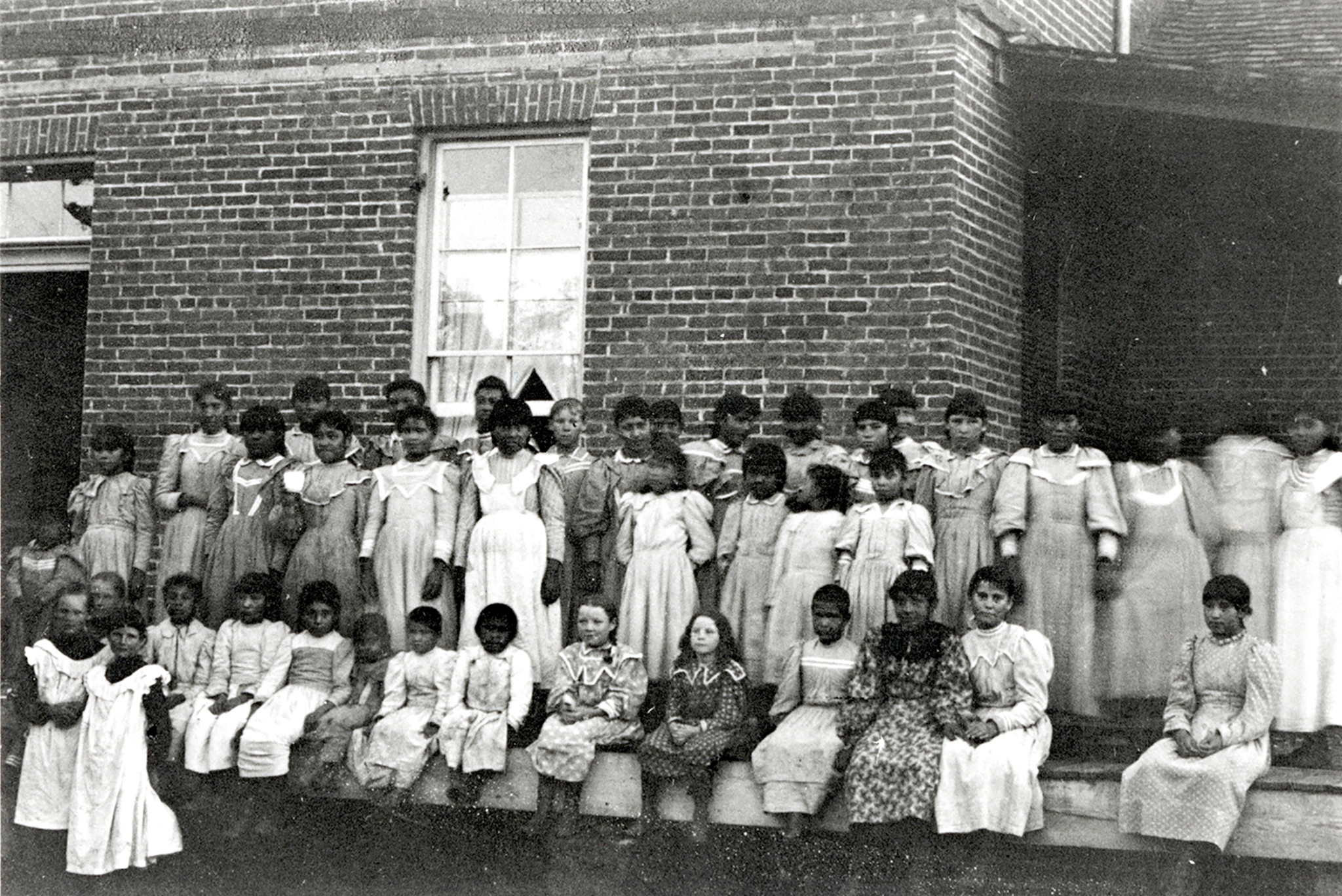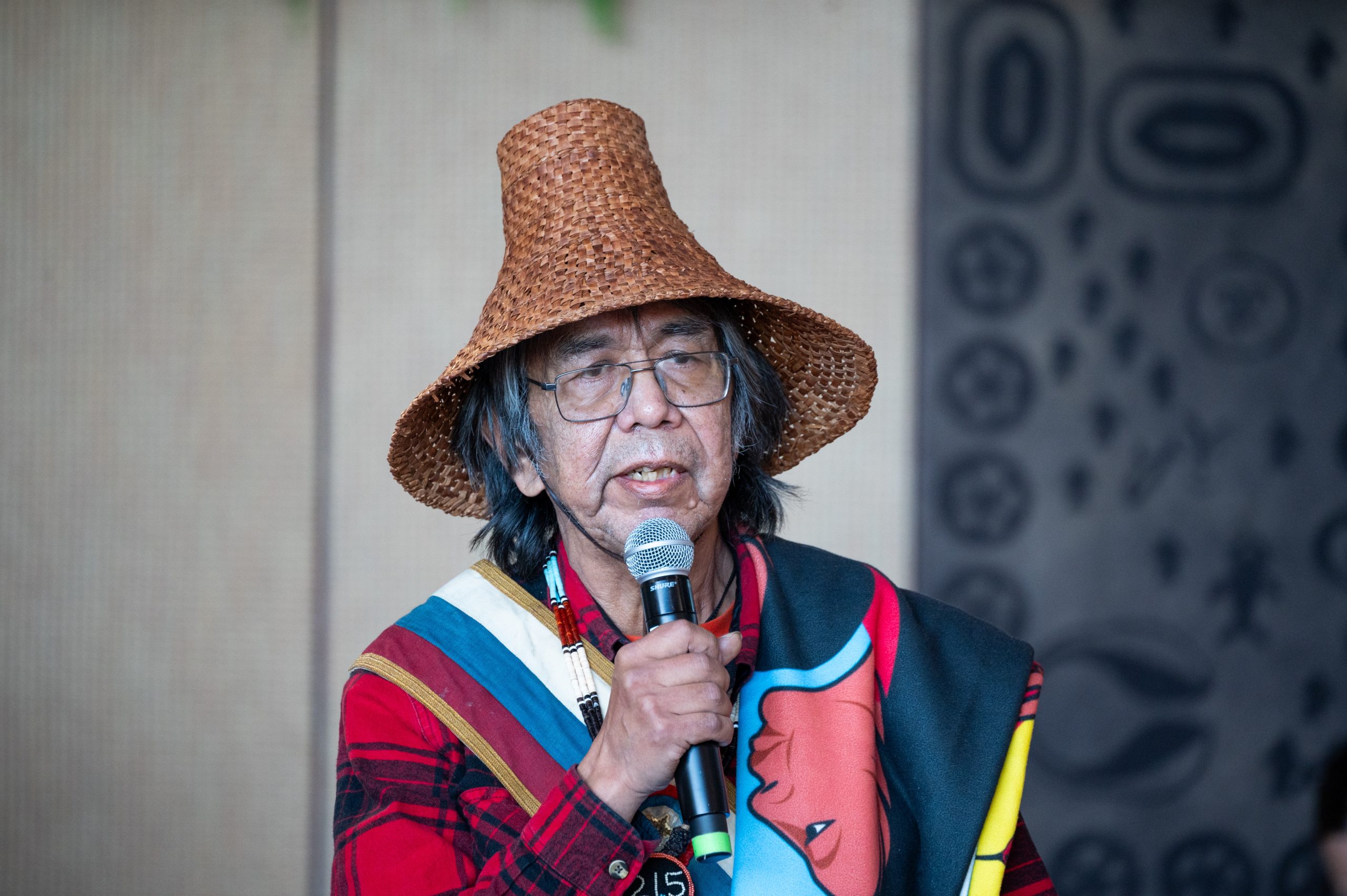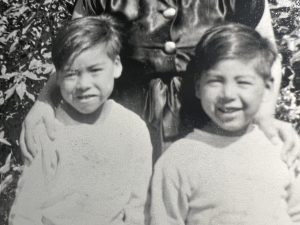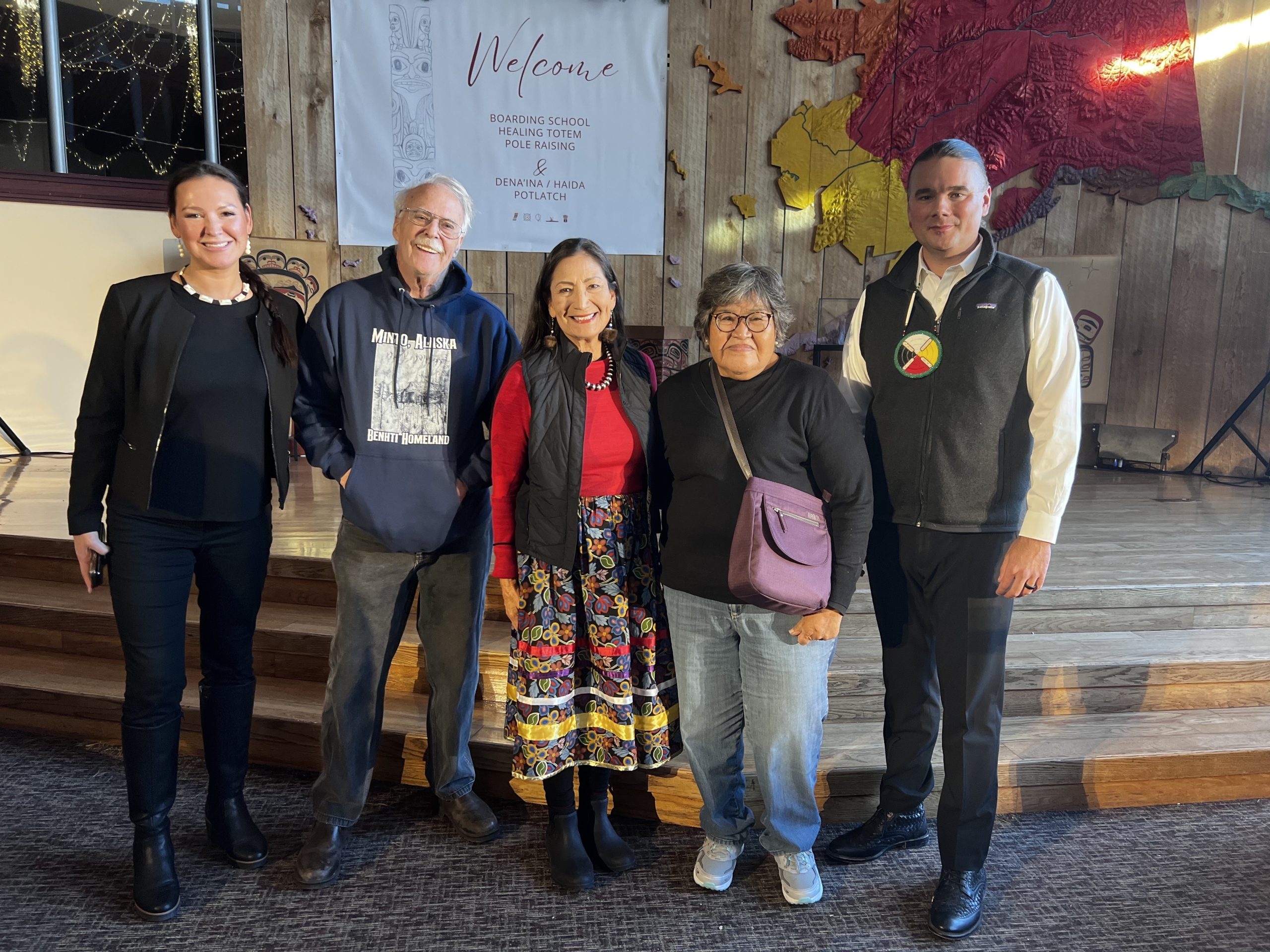Podcast: Play in new window | Download | Embed
Federal officials from the U.S. and Canada plan to meet with Montana and British Columbia tribes over coal mining pollution.
Selenium has for years flowed from B.C. coal mines into the transboundary Lake Koocanusa.
Montana Public Radio’s Aaron Bolton has more on the meeting this month.
The U.S. State Department and Global Affairs Canada will meet with the Confederated Salish and Kootenai Tribes and the Ktunaxa Nation on November 9.
The meeting aims to address selenium pollution coming from Teck Recourses’ coal mining operations along the Elk River.
The Elk River flows into Lake Koocanusa and the Kootenai River in Montana.
Selenium pollution is known to harm fish reproduction.
The tribes want the issue to be settled by the International Joint Commission, which handles transboundary water disputes between the U.S. and Canada.
CSKT Chairman Tom McDonald hopes IJC involvement would eventually lead to the closure of Teck’s mines.
“We would want to make sure that they’re going to immediately cease and desist from their actions that are causing an increase in pollution.”
The U.S. State Department has long said it supports IJC involvement.
Global Affairs Canada in a statement did not say whether it supports the move.
The meeting comes after President Joe Biden and Prime Minister Justin Trudeau announced a deal to address selenium pollution would come by summer’s end.
McDonald says it’s possible that a deal could be struck at this month’s meeting.
 Kodiak’s Alutiiq Museum recently acquired a newly minted atkuk, a kind of traditional clothing.
Kodiak’s Alutiiq Museum recently acquired a newly minted atkuk, a kind of traditional clothing.
As KMXT’s Brian Venua reports, staff say it fills a gap in their collections and they’re excited to share it with the public.
The atkuk is a type of traditional Alutiiq clothing.
It looks kind of like a black floor-length dress with red stripes and white fur.
Amanda Landcaster is the curator of collections at the Alutiiq Museum.
“The snow falling parka is what these are sometimes known as and when someone is dancing, wearing it, you see the ermine tails just sort of sway and it really does look like snow falling.”
The atkuk was commissioned by the museum about a year ago and staff received the new piece a few weeks ago.
Lancaster says it was made very similar to ones that have been worn since before western settlers came to Kodiak.
She says once they had the funding, they talked to a local artist to help them fill the gap in their collections.
“We have never had a traditional atkuk like this and there are garments like this in collections around the world that hold Alutiiq collections.
The commission was funded through the Rasmuson Foundation, which awards grants to Alaska-based nonprofits and tribes, local governments, and artists.”
Landcaster says commissioning pieces helps the museum have one of the most complete collections on Alutiiq culture in the world.
“It’s a really good chance to see what are the holes in our collection. Maybe there are Alutiiq cultural materials in other museums that we do not have that we would like to get versions of.”
Landcaster says adding to their collections will be a major help in continuing revival movements after historic suppression.
The Alutiiq Museum is currently undergoing major renovations though, so the public will have to wait to see the atkuk in person until they reopen in 2025.
The multi million dollar project will include a classroom for education opportunities and to expand their gallery to feature more of their collections on Native history.
 The Chief of the Confederated Tribes of Coos, Lower Umpqua, and Siuslaw Indians died this weekend.
The Chief of the Confederated Tribes of Coos, Lower Umpqua, and Siuslaw Indians died this weekend.
KLCC’s Brian Bull has this remembrance of “Doc” Slyter.
Chief Donald “Doc” Slyter was fond of carving and playing Native American flutes.
He’s heard playing one of his creations in a 2018 recording for KLCC.
Brenda Brainard is a fellow tribal member, who worked with Slyter on restoring federal recognition for their people in the 1980s.
She says he battled cancer in his final years.
“What will always stand out to me with Doc was his smile. He just had the cutest, sweetest, little smile. And it kinda had a hint of impishness with it. But what I remember most about him was his quietness. He was very calm, he was a very humble man.”
Slyter was also a U.S. Army veteran.
In a statement, U.S. Rep. Val Hoyle (D-OR) said Slyter’s spirit and his memory “leave a legacy of resilience and hope.”
Get National Native News delivered to your inbox daily. Sign up for our newsletter today.

 A new report from Canada’s corrections watchdog says there are still too many Indigenous people in Canada’s prisons.
A new report from Canada’s corrections watchdog says there are still too many Indigenous people in Canada’s prisons. The Coquille Tribe says it’s landed one of the biggest competitive grants ever in its history.
The Coquille Tribe says it’s landed one of the biggest competitive grants ever in its history. “I extend this apology to the students, the families, and to the people of Labrador. We are sorry.”
“I extend this apology to the students, the families, and to the people of Labrador. We are sorry.” Furey acknowledged that many children were separated from their families and their communities and sent to the schools were their connections to their culture, language, and families were degraded.
Furey acknowledged that many children were separated from their families and their communities and sent to the schools were their connections to their culture, language, and families were degraded. A new children’s book in the Lingít language was celebrated at a gathering in Juneau on Friday, the first of its kind in decades.
A new children’s book in the Lingít language was celebrated at a gathering in Juneau on Friday, the first of its kind in decades.








 The American Bar Association is recognizing Native American Heritage month with a presentation Thursday from Native women trailblazers.
The American Bar Association is recognizing Native American Heritage month with a presentation Thursday from Native women trailblazers.


 Owner Connie Uhre has already been convicted of two counts of simple assault for an incident in May which saw her spray cleaner at protesters.
Owner Connie Uhre has already been convicted of two counts of simple assault for an incident in May which saw her spray cleaner at protesters.

 Earlier this month, Colorado released a review of historic Native American boarding schools in the state.
Earlier this month, Colorado released a review of historic Native American boarding schools in the state.






 In Oklahoma, the Inter-Tribal Council of Five Tribes has approved a resolution supporting the nomination of Sara Hill to serve as a federal judge.
In Oklahoma, the Inter-Tribal Council of Five Tribes has approved a resolution supporting the nomination of Sara Hill to serve as a federal judge. Interior Secretary Deb Haaland (Laguna Pueblo) told the gathering her name in Keres is Crushed Turquoise.
Interior Secretary Deb Haaland (Laguna Pueblo) told the gathering her name in Keres is Crushed Turquoise.




 Native American Bank has been chosen to administer $50 million in grants from the U.S. Treasury Department to bolster low-income Native American community projects and businesses in Plains states, including Montana.
Native American Bank has been chosen to administer $50 million in grants from the U.S. Treasury Department to bolster low-income Native American community projects and businesses in Plains states, including Montana.